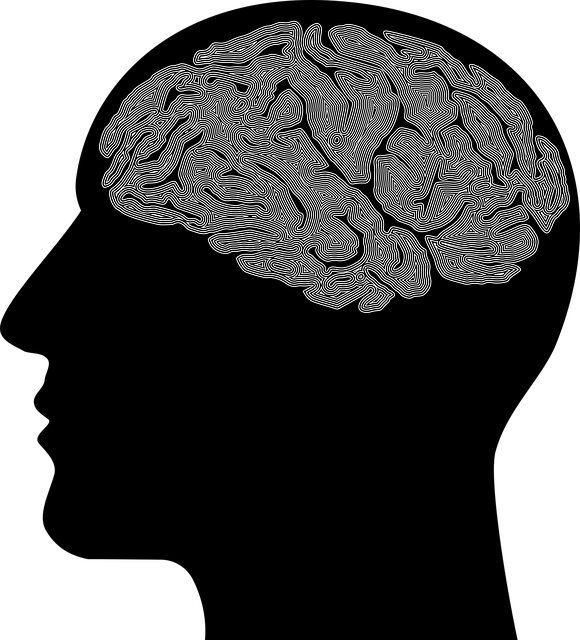TL;DR:
Cognitive Processing Therapy (CPT) is an innovative therapy for young children, addressing mental health by teaching them coping skills. CPT creates safe spaces through community outreach and empathy cultivation, helping kids express emotions, identify triggers, and reframe negative thoughts. This structured approach enhances resilience, fosters inner strength, and equips them with tools to navigate life's challenges effectively. Through CPT, children gain emotional regulation, enhanced resilience, and better mental health outcomes, potentially preventing future mental health issues. Culturally sensitive practices ensure tailored approaches for diverse populations.
Coping skills development is a vital aspect of fostering resilience in young children, equipping them to navigate life’s challenges effectively. This article explores strategies to enhance coping abilities, focusing on Cognitive Processing Therapy (CPT) as an evidence-based approach. We delve into the significance of understanding young children’s cognitive processes and provide practical techniques for caregivers and educators. By implementing these strategies, CPT offers a powerful tool to build resilience, promoting long-term mental well-being in children.
- Understanding Coping Skills Development in Young Children
- The Role of Cognitive Processing Therapy
- Strategies for Fostering Resilient Coping Mechanisms
- Practical Applications and Long-Term Benefits
Understanding Coping Skills Development in Young Children

Coping skills development is a vital aspect of mental health for young children. Understanding their unique cognitive abilities and emotional responses forms the foundation for effective support. Cognitive Processing Therapy (CPT) is a game-changer in this domain, offering a structured approach to help kids make sense of their experiences and develop adaptive coping mechanisms. By focusing on their inner world, CPT encourages them to express emotions, identify triggers, and reframe negative thoughts, fostering resilience from an early age.
The journey towards robust coping skills begins with creating safe spaces for exploration. Community Outreach Programs and Compassion Cultivation Practices can play a significant role here. These initiatives provide platforms for young minds to learn empathy, cultivate inner strength, and develop healthy ways of navigating life’s challenges. Through interactive activities and supportive environments, children gain tools to manage stress, regulate emotions, and build confidence in their ability to cope with various situations.
The Role of Cognitive Processing Therapy

Cognitive Processing Therapy (CPT) is a highly effective approach for young children dealing with trauma and developing coping skills. This therapy focuses on helping kids make sense of their experiences, particularly distressing or traumatic ones. By processing these memories and thoughts, CPT encourages positive thinking patterns, which are crucial for mental health awareness and overall well-being. Through this process, children can learn to manage their emotions and develop healthier ways of responding to challenging situations.
The therapy involves a structured risk assessment for mental health professionals, ensuring the safety and comfort of the child. It equips them with tools to challenge negative beliefs and replace them with more adaptive ones, fostering resilience. By engaging in CPT, young individuals acquire valuable coping mechanisms that can enhance their ability to navigate life’s challenges and promote better mental health outcomes.
Strategies for Fostering Resilient Coping Mechanisms

Developing resilient coping mechanisms is a vital part of nurturing mental wellness in young children. Cognitive Processing Therapy (CPT) offers an effective approach to achieve this by helping children make sense of their emotions and experiences. Through CPT, therapists guide young minds to understand and express feelings, thereby fostering inner strength development. This process encourages children to develop healthy coping strategies that can be applied when facing challenging situations.
Additionally, boosting confidence is integral to building resilience. By participating in activities that promote self-expression, problem-solving, and social interaction, children can enhance their sense of self-worth. These experiences, combined with the cognitive tools learned through therapy, equip young individuals with the inner strength needed to navigate life’s hurdles, ensuring they approach challenges with confidence rather than fear or avoidance.
Practical Applications and Long-Term Benefits

Practical Applications of coping skills development begin with therapy sessions tailored to young children, often incorporating Cognitive Processing Therapy (CPT). CPT helps kids make sense of their emotions and experiences, fostering healthier responses to stress and adversity. By teaching them to identify and manage their feelings, this approach empowers children to cope effectively in various settings, from school to home.
Long-term benefits extend far beyond individual moments of calm or joy. Regular practice of these coping skills promotes improved emotional regulation, enhanced resilience, and better overall mental health. Moreover, it instills a sense of autonomy and self-care that can prevent future mental health challenges. In the broader context, culturally sensitive mental healthcare practices ensure that these strategies resonate with diverse populations, boosting confidence through tailored approaches and addressing individual needs.
Coping skills development is a vital aspect of fostering resilience in young children. By understanding the mechanisms behind effective coping, such as those offered through Cognitive Processing Therapy (CPT), parents and caregivers can implement strategies to enhance their child’s ability to navigate stress and adversity. These early interventions have long-term benefits, enabling children to develop robust mental health and well-being. CPT specifically has proven effective in teaching young minds healthy cognitive processing, leading to better emotional regulation and enhanced coping mechanisms for years to come.









